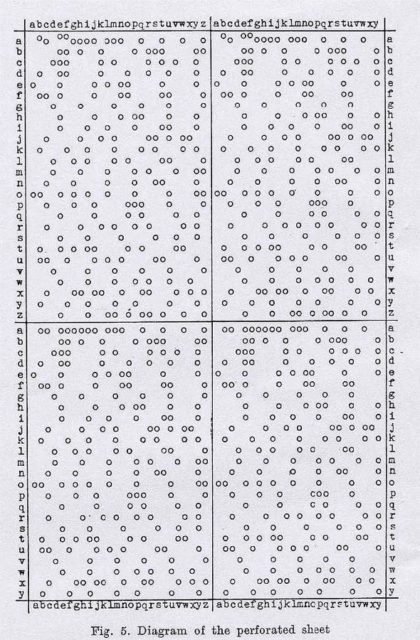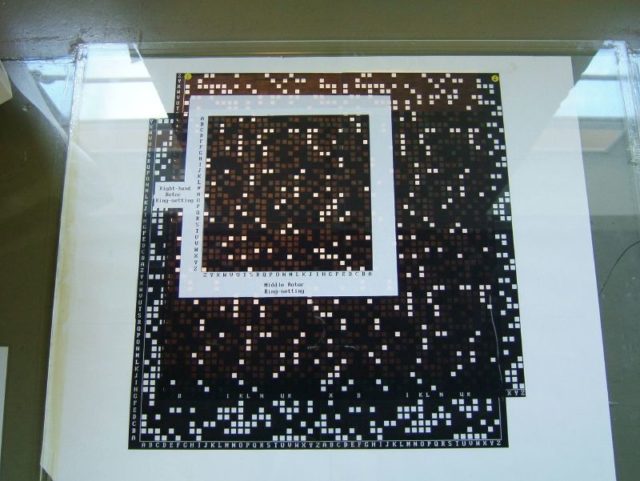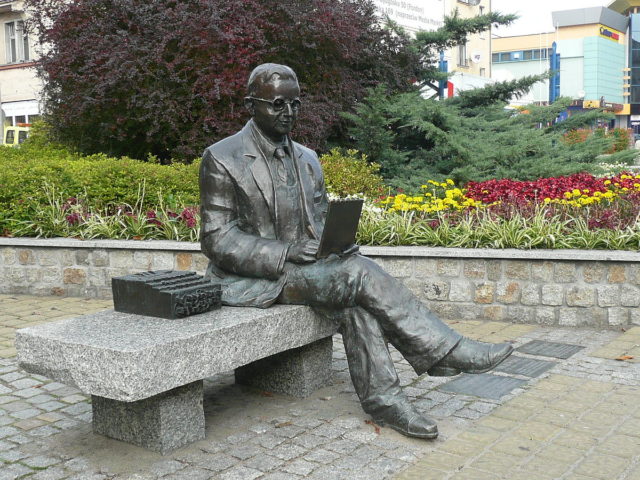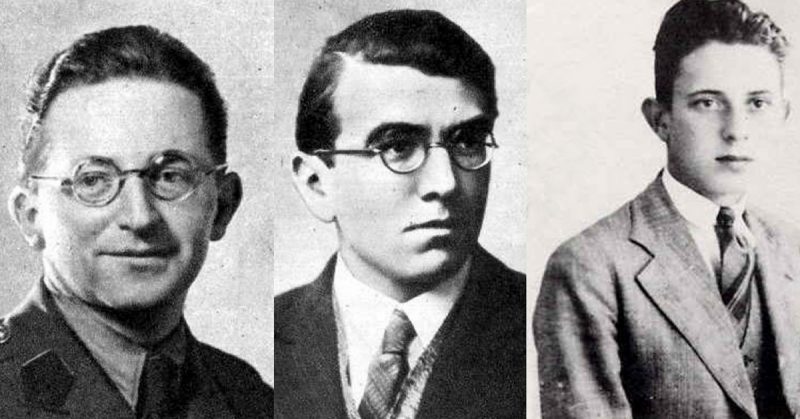The Polish government is calling for recognition for the Polish mathematicians who provided indispensable aid to Alan Turing in cracking the German Enigma code during the Second World War. Today, it is estimated that cracking this code helped to end the bloody global conflict an astounding two years early. It goes without saying that countless lives were saved as a result.
However, few people realize that Poles helped in cracking this code. The Enigma machine was originally created by German engineer Arthur Sherbius near the end of the First World War. Several countries used it for government and military purposes. The British struggled to understand how this machine worked, but the Poles began making headway before the start of WW II. The main codebreakers who joined the Polish General Staff’s Cipher Bureau in Warsaw were Jerzy Rozycki, Henryk Zygalski, and Marian Rejewski.

The British were still trying to use linguists to break codes of this nature. However, the Poles realized it was imperative to use mathematics to determine code patterns. This is how they had successfully broken some of the earlier German codes before the war even started. Building some electro-mechanical machines to make calculation for solutions (called “bombes”) helped them greatly.
Just prior to the outbreak of the war in 1939, Bletchley codebreakers Alastair Denniston and Dilly Knox met with Cipher Bureau members at a secret facility in a forest in Pyry near Warsaw to exchange knowledge. Later on, Turing visited the Polish code breakers personally. It was this visit that helped him build his own electro-mechanical “bombe,” which worked by simulating the operations of the Enigma machine. This machine enabled the codebreakers to sift through one potential setting after another, and it was this machine that made it possible to break the more complicated wartime codes used by the Germans’ Enigma code system.
Once the war broke out, Germans found ways to increase the code’s sophistication. This left the Poles struggling to keep up. However, the knowledge that had been provided to Turing directly contributed to his construction of the large computer that ended up cracking the code.

The role of the Poles is immeasurable, but somehow the history books and Hollywood have mostly ignored their contribution. Recently a film about Alan Turing was released, called The Imitation Game, starring Benedict Cumberbatch and Keira Knightley; the Poles are barely mentioned.
This has sparked the Polish government to launch a traveling exhibition to combat the misconceptions on this topic. The exhibition is being called “Enigma – Decipher Victory” and will try to educate the world on their major and crucial contribution. Thus far, the exhibition has been presented in Canada and Belgium.
Maciej Pisarski, deputy chief of mission, Polish Embassy in Washington, explains that their role in this piece of history is something Poles are very proud of. Poles see this work as a major contribution that gave the Allies the ultimate edge needed to defeat the Germans; it was one of the Poles’ contribution to the Allies during the Second World War. Pisarski mentioned how as children in Poland they learned about the contributions of their country, but thinks that the knowledge is not very widespread outside of Poland.

The aforementioned film, The Imitation Game, focuses solely on Turing and everyone in Britain that was involved. The Polish contribution was covered in one single sentence. Poles were definitely disappointed to see that despite the film only covering a short span of time, their major contribution was still marginalized.
Pisarski admits it is probably a great film, but not one that tried to tell the whole story. The point of the exhibition is to show the full breadth of work accomplished by the Polish mathematicians.
Poland was caught on the wrong side of the Iron Curtain during the Cold War. Pisarski attributes this as a major reason for the current lack of recognition of the Polish mathematicians. No one wanted to give any credit to a country located in Eastern Europe.

Not only does Pisarski want to get credit and justice for those who contributed, but he also hopes to highlight the immense level of collaboration and cooperation between Britain and Poland when it came to tackling the Enigma. Britain and Poland had a very special, but secret alliance during the war. However, during the communist era following the war, it was not politically acceptable to broadcast the extensive cooperation shared between these two nations. But now Poles are speaking out in hopes of filling in the historical blanks.
This is not the only example of Poles being treated with less respect than they deserved. Polish pilots had the highest kill rates in the Battle of Britain, fought valiantly in the North African, Italian, and Normandy campaigns and were involved in the Battle for Berlin. Despite these repeated demonstrations of loyalty, Poland was banned from taking part in the official V-E Day celebrations. This was a result of Britain opting to appease Stalin instead of giving due recognition to their loyal allies. Poland at that time still had an independent government in exile, but in Warsaw, Stalin had installed a puppet Communist government.
Polish codebreakers Zygalski and Rejewsk ultimately ended up in England with the army. They tried to join the Bletchley codebreakers, but for some reason no one wanted to acknowledge the team existed. Zyglaski went on to teach math at the University of Surrey.
